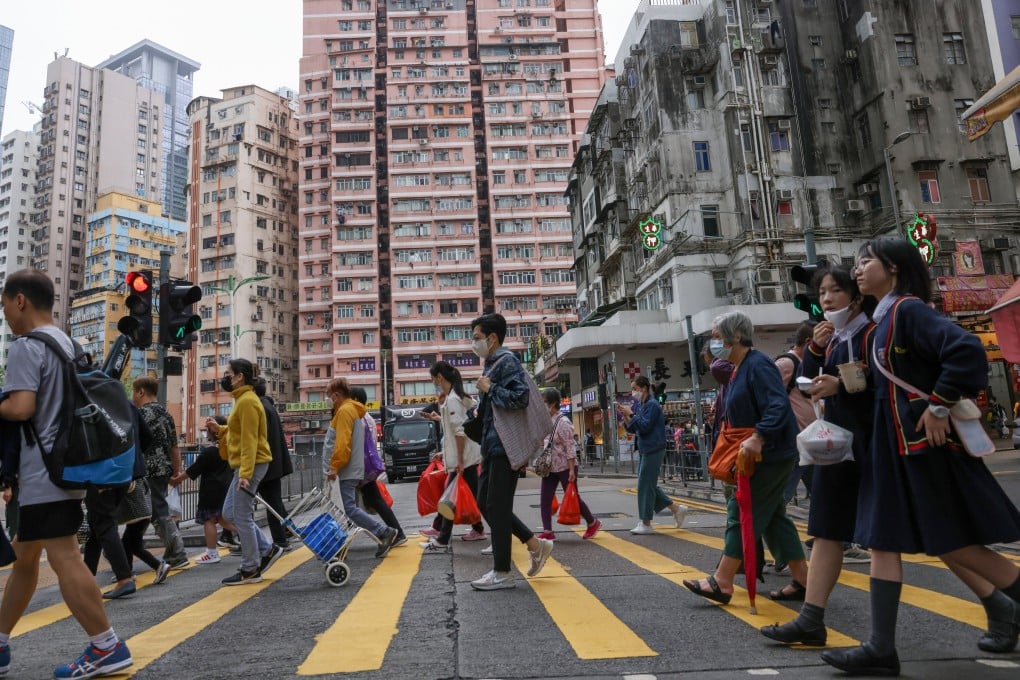Advertisement
Letters | Hong Kong residents, with depleted wallets, are too tired to enjoy nightlife
- Readers discuss the government’s ‘Night Vibes’ campaign, the city’s record of philanthropy, and university orientation camps
Reading Time:4 minutes
Why you can trust SCMP
8

Feel strongly about these letters, or any other aspects of the news? Share your views by emailing us your Letter to the Editor at [email protected] or filling in this Google form. Submissions should not exceed 400 words, and must include your full name and address, plus a phone number for verification.
I am writing to express my concern regarding the effectiveness of the “Night Vibes Hong Kong” campaign. While the initiative aims to revitalise the local economy through extended business hours and enhanced nightlife activities, it fails to address the underlying issues that hinder economic recovery and negatively impact the lives of Hong Kong residents.
First and foremost, the depreciating purchasing power of Hong Kong residents amid the economic downturn poses a significant challenge to the success of the Night Vibes campaign. The high cost of living, inflation and stagnant wages have considerably reduced the disposable income of the average resident.
Advertisement
As a result, many residents are struggling to meet their basic needs, let alone participate in nightlife activities that require additional expenditure. Without addressing this fundamental issue, the campaign’s intended economic recovery goals will remain largely unattainable.
Another crucial aspect that exacerbates the problem is the prevailing practice of long working hours in Hong Kong. The demanding work culture, which allows for limited work-life balance, has left residents too fatigued and devoid of the energy to enthusiastically engage in nighttime activities.
Advertisement
Instead of tiring themselves further by going out at night, many people prioritise rest and recuperation, as they recognise the importance of maintaining their physical and mental well-being. Neglecting the need for adequate rest and leisure time, the campaign fails to consider the adverse effects of an overworked population on both economic productivity and individual welfare.
Advertisement
Select Voice
Select Speed
1.00x